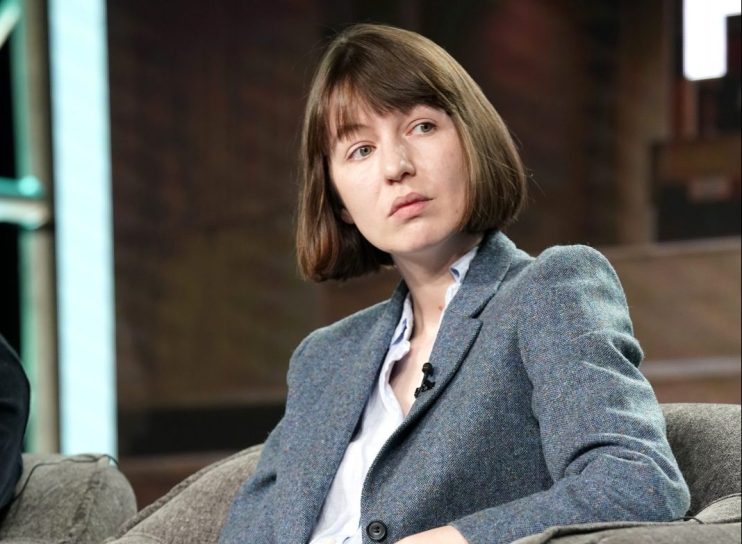Sally Rooney, Billie Eilish and George Eliot: Can we ever divorce the art from the artist?

PUBLISHING a book is the ultimate act of surrender for a profession as dedicated to control as writers. Once a book is in a reader’s hands, you have relinquished your ability to shape what they think of it, how they connect with the characters, or how lost they become in a story.
So too with music. Billie Eilish, who released her first song aged 13, is a self-confessed lover of the internet for all the weird memes pumped out at 2 o’clock in the morning on Instagram. But with any time spent online, she is inundated with both criticism and praise about her as a person, rather than her music. She nonchalantly jokes it must be terrible for the people who hate her – they can’t escape her either.
In a recent interview with Stormzy, she said: “I wanted to make music, that’s what I wanted to do, why can’t it just be my art? Why does it have to be everything I do and say and look like and feel and have an opinion on? What happened? I just wanted to make music.” In her own words, she’s a girl and she likes to sing, “it’s not that deep”.
Sally Rooney is the latest artist at the centre of a storm of controversy after refusing to let her book be translated into Hebrew, unless it is done in a way which maintains her support for Palestine, in line with a so-called “cultural boycott” of Israel.
Rooney’s deeply emotional books have inspired a cult-like response to her novels about entangled relationships, honesty, and power. Conversations with Friends, her debut, was the subject of a fierce seven-way auction between publishers, and her latest, Beautiful World, Where Are You? shot immediately to the bestseller list.
Rightly so. It was packed full of searing dialogue and an understanding of the millennial milieu which transcended the backdrop of Dublin and the remote Irish coast in which it was set.
There are plenty of lofty aspirations for literature. But at its core, telling stories is about imagination, about escape from our current lives, to help us understand the lives around us better. Yet Rooney’s decision effectively prevents Hebrew-speakers from reading her latest novel; it does exactly the opposite. That is an eternal shame.
Rooney, with her remarkable ability to make people feel heard, has trodden down a path which means those without the privilege of speaking another language, whether because of their education or familiar strictures, will miss out on her prose. There will be a little less light in their life, and in her own way, she’s made it a little more difficult for them to find that beautiful world she helps her characters discover.
The default instinct on that messy and marvellous creation of ours – the internet – has been to boycott the boycotter. As was the case with J.K. Rowling’s Harry Potter books after she, over a decade after the last book hit the shelves, waded into the debate over trans rights. It’s a wicked cycle which denigrates the purpose of art. To throw away an entire set of books because of the views of the author is to wade into a dangerous labyrinth where, in order to gain insight from literature, we must dissect the writers’ personal history.
Rowling tried to rewrite her own books after the fact, responding to readers’ fervent demands for the history of Albus Dumbledore and his sexuality. In doing so, she diminished the ability of readers to imagine what they wanted about that kindly old wizard.
Unintentionally, she took away a scintilla of power from her novels: to speak to whichever reader happened to be clutching the book at that very moment. Retrospectively, she told them what to think of him, instead of allowing them to decide. Now, Rooney’s books will be tied to her views on Israel. Whether intentional or not, Rooney has forced her politics on her fiction. This chips away at literatures’ ability to enable a unique experience for every different reader.
For decades, authors have written under pseudonyms. George Eliot, is one of the most famous examples.
Elena Ferrante, the pen name of the prolific author of the Neapolitan quartet, is another. A famed recluse, Ferrante closely guards her identity and only ever strays into the public eye with anonymous segues into the nature of art. When asked about her decision to keep her art and her life segmented, she said: “The sharper this separation, the freer I felt.”
In the same vein, the same is true for the reader and the artist. The further we are from the lives of the author, the freer we are to imagine their books in our own minds and our own image.
The Getty Image will be here
